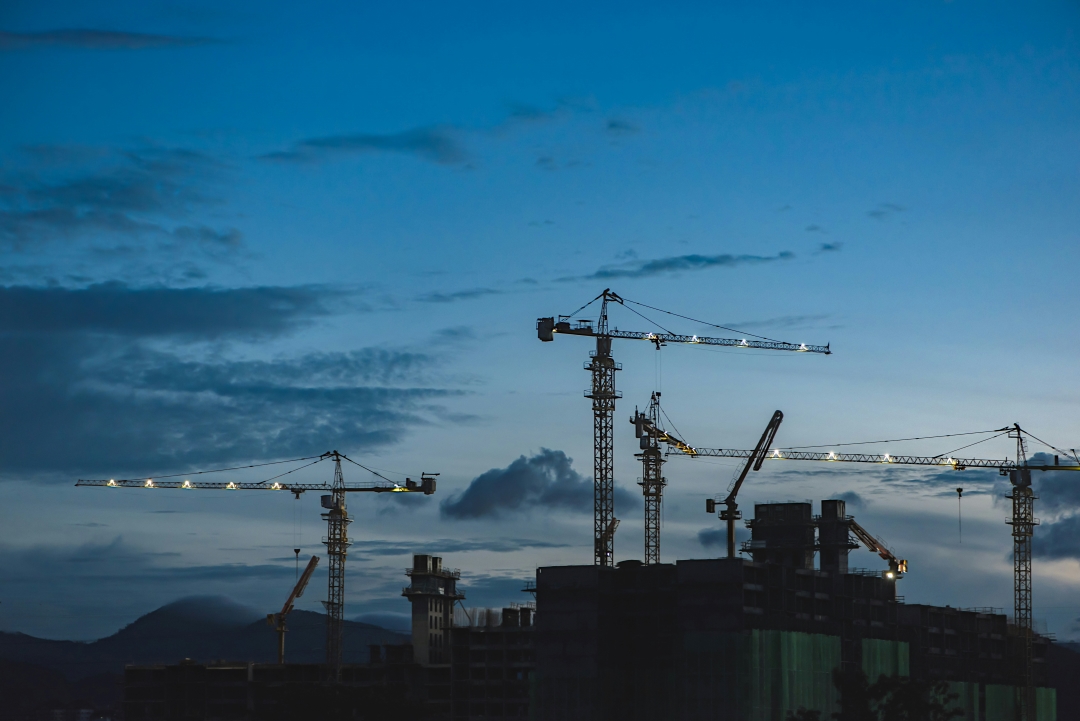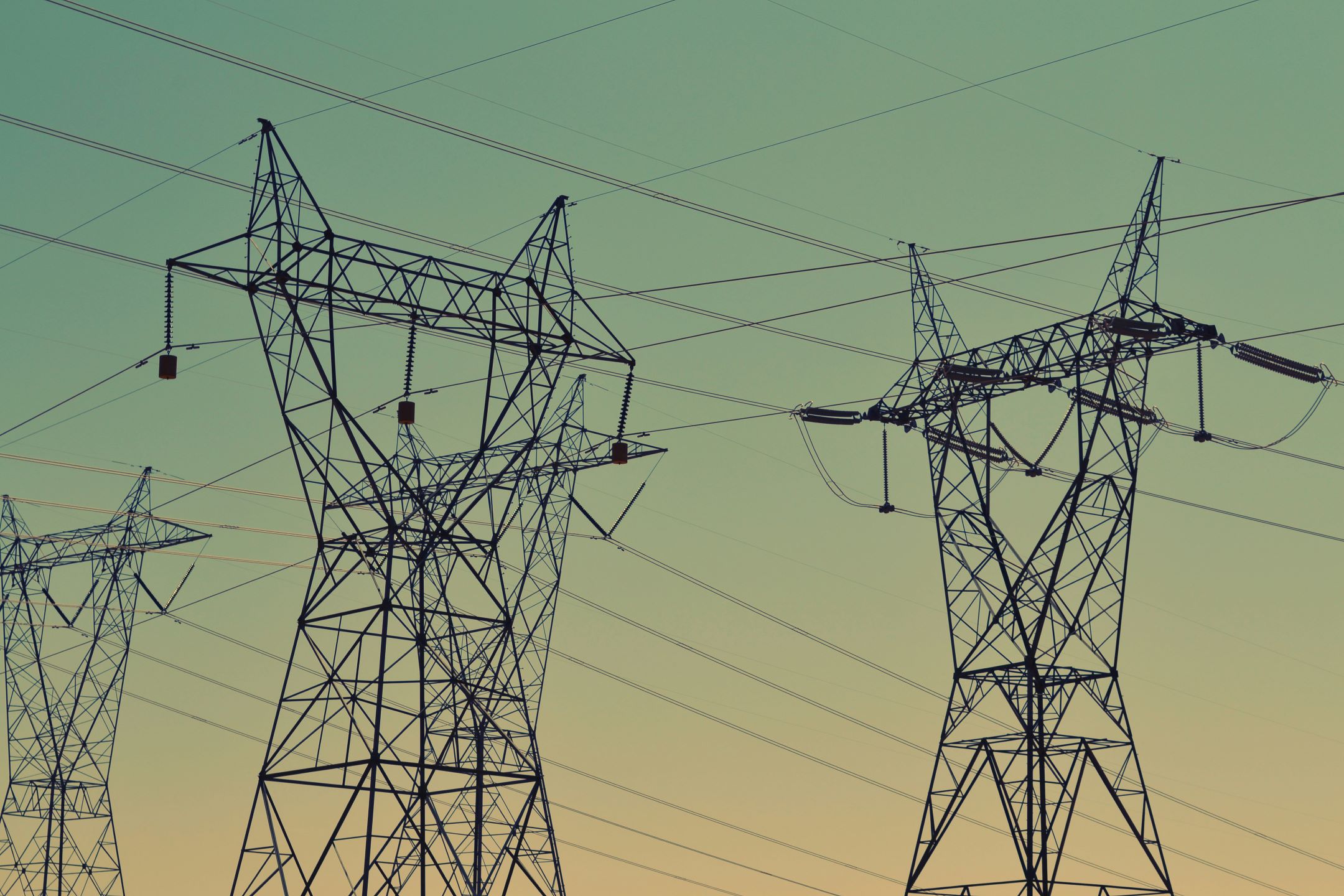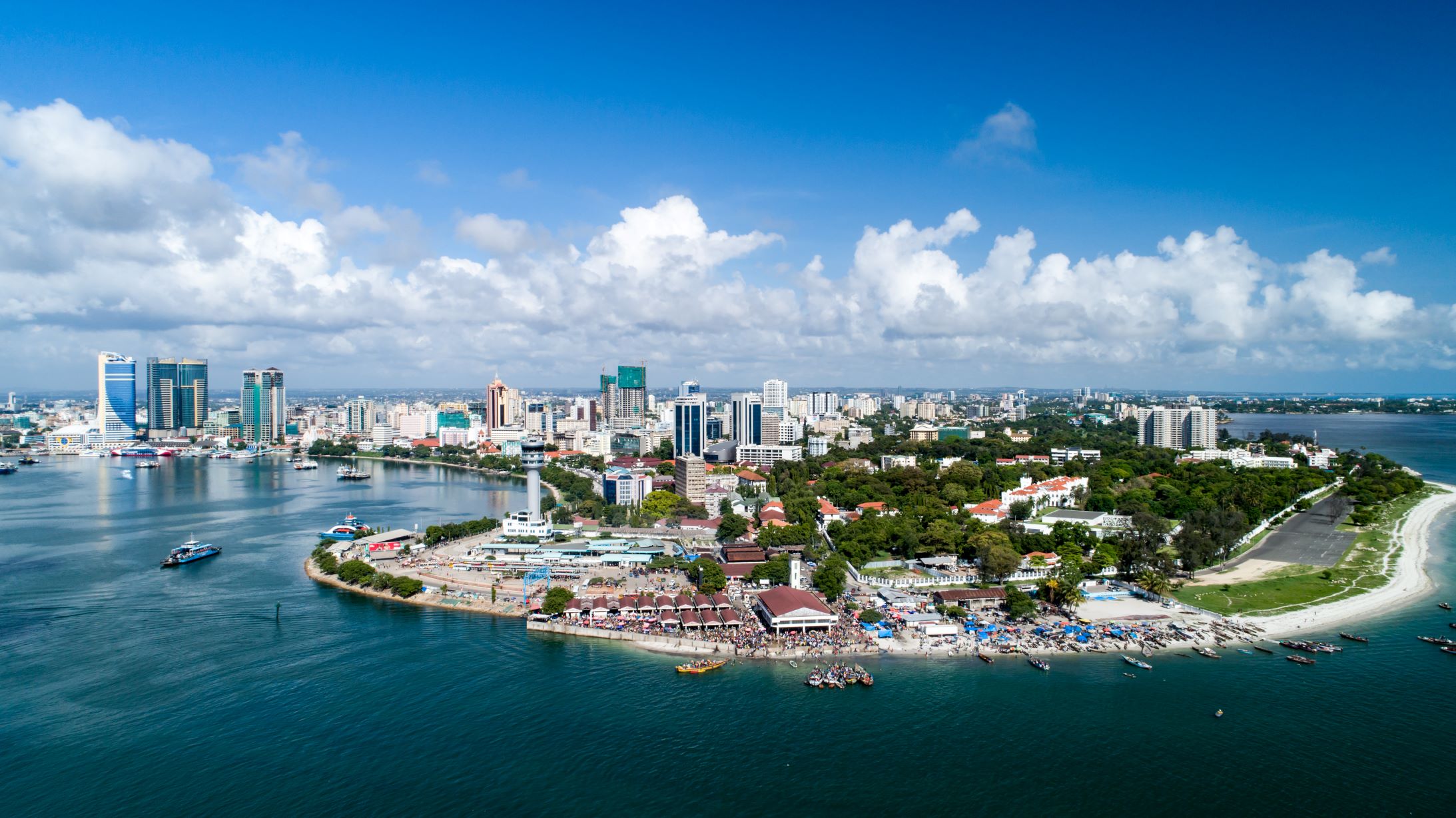Africa
World Bank to Allocate USD 5 Billion to Provide Electricity for 100 Million Africans
The World Bank has announced that it has concluded plans to allocate USD 5 billion to bring electricity to 100 million people in Africa by the end of the decade (2030). This was made known by the President of the World Bank, Ajay Banga, while delivering his speech at the mid-term review of the International Development Association (IDA)’s USD 93 billion replenishment package in Zanzibar, Tanzania.
Banga highlighted the ambition as an example of how he plans to wield funds from the bank’s IDA, which provides zero- or low-interest loans to low-income countries, and why donor countries need to provide support. The current, 20th IDA funding round is due to be completed on 30 June 30, 2025, with the Zanzibar conference aimed at adding to that funding. Banga used to launch his campaign for the subsequent round of funding to exceed USD 93 billion.
Source: Nairametrics
East Africa
East African Countries Picked for Clean Energy Pilot
Tanzania, Rwanda and Somalia are among four countries selected as pilots of a new World Bank clean energy programme that is set to benefit at least 100 million people in Sub-Saharan Africa by 2030. Sao Tome and Principe will also take part in the rollout of the Accelerating Sustainable and Clean Energy Access Transformation (Ascent) programme, which will be expanded to 20 countries in the region over the next seven years. World Bank Group President Ajay Banga announced the USD 15 billion project during the International Development Association’s (IDA) mid-term review meeting of its 20th financing round in Zanzibar.
According to Mr Banga, at least USD 5 billion of the funding requirement will be covered by IDA and the remaining will be from partners. “We know it won’t solve the problem of access to power for the entire continent since there are more than 600 million Africans facing the problem,” he said. “But we see it as a start, and also a platform to draw more interest among IDA partners to also join the cause through similar investments.”
Source: The East African
Algeria
USD 42 Billion Plan Unveiled for Energy Sector Expansion
Algeria has embarked on a substantial enhancement of its gas production capacities, signalling a major shift in the energy sector. The Minister of Energy confirmed that several new gas fields have recently become operational, with more set to come online before the end of the year. This significant upsurge in production is part of the state-owned energy company SONATRACH’s ambitious investment plan, committing USD 42 billion to increase oil and gas output.
In an in-depth interview with Al-Sharq, the Minister, Arkab, discussed Algeria’s strategy to expand gas exports to Europe, particularly during the winter months. He highlighted the nation’s response to the evolving global energy landscape. “Algeria is resolutely focused on enhancing its production capabilities,” Arkab stated, underscoring the country’s commitment to fulfilling Europe’s escalating demand for natural gas.
Source: Oil and Gas Middle East
Kenya
Kenya Secures USD 4.5 Billion for Green Projects Development
Kenya has announced a significant milestone with the signing of green manufacturing agreements totalling USD 4.48 billion during the launch of the Africa Green Industrialisation Initiative (AGII). A standout partnership emerged as Kenya joined forces with Australian firm Fortescue to embark on a green fertiliser production project. Valued at USD 1.5 billion, this endeavour is poised to generate green ammonia, contributing to environmentally friendly agricultural practices.
Kenya also inked a momentous USD 1 billion agreement with Indonesia and Masdar for a 300MW geothermal project set to take place in Suswa. This initiative underscores Kenya’s commitment to harnessing clean and renewable energy sources for its development. Globeleq pledged USD 110 million toward the development of a 35MW geothermal project in Menengai. The Geothermal Development Corporation and AMEA Power formalised a collaboration deal worth USD 800 million for the ambitious 200MW Paka Geothermal project. This initiative represents a substantial step forward in Kenya’s pursuit of geothermal energy development. These groundbreaking agreements and investments underscore Kenya’s commitment to green industrialisation and a more sustainable future.
Source: Capital News
Morocco
Morocco Tops Ranking of Most Technologically Advanced Countries in Africa
Morocco topped a list of Africa’s 15 most technologically advanced countries. The country ranked ahead of countries including South Africa, Egypt, and Kenya, according to a report from Monkey Insider. The report is based on data collected from the World Intellectual Property Organization. The ranking assesses indicators relating to the information and communications technology sector (ICT), knowledge and technology outputs, scientific and technical articles, and high-tech manufacturing.
With an overall score of 208, Morocco was the first in Africa to implement 3G, the report contends, adding that Morocco is yet to deploy 5G, as the major telecom operators in Morocco prepare for its transition. In recent years, Morocco has made significant strides in boosting internet access and its information technology infrastructure. In 2021, it ranked as the second-fastest in “digital transformation” in Africa, ranking only behind South Africa.
Source: Morocco World News
Nigeria
Nigeria’s Climate Action Can Attract USD 94 Billion Capital from Retail Investors, says Report
The latest Sustainable Banking Report 2023 said USD 94 billion of retail investor capital could be mobilised towards climate investments in Nigeria by 2030. The research based on investor interest from a survey of 1,800 respondents in 10 growth markets across Asia, Africa and the Middle East, which is conducted by Standard Chartered, identifies a global potential of USD 3.4 trillion for climate investment, highlighting the power of individuals to combat climate change.
It said USD 60 billion could flow into mitigation themes – renewables, energy storage and energy efficiency, which are set to attract the most capital, while USD 34 billion could be mobilised towards adaptation including resilient infrastructure, the blue economy and food systems. The survey said 95 percent of investors in Nigeria are interested in climate investing just as 91 percent want to increase capital flows towards climate, which is the highest among all markets surveyed.
Source: The Guardian
Tanzania
Tanzania Secures One of Africa’s Largest Carbon Credit Deals
Tanzania has inked a deal for a land-based carbon credit project, which currently stands as one of the largest carbon deals in East Africa. This monumental project is designed to span six national parks, which cover 1.8 million hectares (4.4 million acres), as reported by BBC Africa. The parties involved in the deal include Tanzania’s National Park Management Agency, Tanapa, and Carbon Tanzania, a locally based company.
Alongside Kenya which has been at the forefront of the carbon credit conversation, Tanzania has also been heavily invested in the initiative. In July, it was reported that Tanzania had about 20 corporations that wanted to invest over USD 20 billion. Additionally, 51% of Tanzania’s land, or 48 million hectares are forests, giving it a unique opportunity to become one of the world’s top carbon credit traders.
Source: Business Insider Africa
South Africa
South Africa to Add 2,500 MW Nuclear Capacity
South Africa recently announced the initiation of a 2,500 megawatts (MW) new nuclear procurement process, with plans to launch Requests for Proposals (RFP) by March 2024. The National Energy Regulator of South Africa (NERSA) approved the Department of Mineral Resources and Energy (DMRE) to launch the procurement process after meeting certain conditions, which included establishing a demand and generation profile analysis and ensuring that engineering, procurement and construction contract principles would be utilised during the procurement phase.
South Africa’s Minister of Electricity, Dr. Kgosientsho Ramokgopa, confirmed that the DMRE submitted a comprehensive report to NERSA last July and that the government will open a tender for new nuclear power by mid-2030. The decision aligns with the country’s Integrated Resource Plan (IRP) 2019, which calls for new nuclear capacity. Meanwhile, the IRP 2023 – which was recently approved by South Africa’s Cabinet – states that expanded nuclear power will likely only be deployed from 2030.
Source: Energy, Capital & Power
_____________________________
Reports
State and Trends of Carbon Pricing: International Carbon Markets | World Bank
As developing nations grapple with the large financing needs required to achieve our climate goals, the urgency to mobilise substantial capital towards communities, nature, and broader developmental efforts is resoundingly clear. In this context, carbon markets, both under the Paris Agreement and the voluntary carbon market (VCM), can channel much-needed finance towards climate action. In all, 120 nations have considered the role of international carbon markets in supporting mitigation action and achievement of their nationally determined contribution (NDC) targets, and many corporations are seeking high-quality carbon credits to meet their voluntary climate commitments.
Done right, carbon markets can get the resources needed, at scale, and accelerate action by providing a much-needed source of finance. They can also encourage accelerated action to meet NDCs, providing the financing needed to implement them. In its annual State and Trends of Carbon Pricing Report, the World Bank has been tracking domestic carbon pricing policies, such as carbon taxes and emissions trading systems, that are critical to incentivise action to reduce emissions. This report aims to supplement the annual report and contribute to the global effort to promote market transparency and trust by providing digestible insights into the state of play of international carbon markets.
Click here to read and download the full report.
Driving Financial Inclusion in Africa | BCG and Elevandi
Africa’s fintechs can stretch beyond payments solutions to microfinance and insurance. New financial technology (fintech) platforms have played a critical role in Africa in recent years in improving financial inclusion – making financial services accessible to everyone, regardless of their personal net worth or company size.
This report from Boston Consulting Group (BCG), in collaboration with Elevandi, “Driving Financial Inclusion in Africa”, highlights the growth of financial inclusion in Africa since M-PESA was founded in Kenya in 2007. While four countries (South Africa, Kenya, Uganda and Ghana) are growing financial inclusion above the regional average, fintech ecosystems in other African countries are maturing and attracting more investment. The report also discusses some of the key takeaways from the Inclusive FinTech Forum held in Kigali, Rwanda, in June. The Forum discussed growth in African fintechs and concluded that the second wave of fintech growth will be driven by greater adoption of smartphones, better connectivity and cloud adoption in more advanced economies.
Click here to read and download the full report.
The Africa Report | Knight Frank
Knight Frank’s biennial 2022/23 Africa Report, presents optimism for the fortunes of Africa’s real estate markets, although clearly, lingering COVID-related legacy challenges remain and are in some cases being exacerbated by global geopolitical events. With oil prices being sustained at well over USD 100 per barrel, oil-exporting nations in Africa will undoubtedly experience an economic boost, while others that need to import oil may face additional headwinds. The industrial market has proved to be extremely resilient, with a seemingly permanent pivot by consumers to online shopping turbocharging warehousing requirements.
Office markets are grappling with the fall-out of the pandemic as hybrid working patterns become increasingly mainstream, particularly amongst international occupiers. The retail landscape has experienced a very mixed picture, with some markets enjoying resilient demand for space in smaller, community shopping centres, while other locations face the threat of oversupply and depressed rents. This report boasts coverage of property markets in 22 countries, including three market insight articles examining some of the most pressing issues facing real estate around the continent.
Click here to read and download the full report.
Energy Transition Support to Strengthen Climate Action | IRENA
Achieving net-zero greenhouse gas emissions by 2050 will require much more ambitious actions by 2030. Renewable energy is key for the energy transition to 2030, as it is a readily available and economically feasible option for mitigating the impacts of climate change. In 2022, the world added a record 300 gigawatts (GW) of renewable power capacity, and global investment across all energy transition technologies totalled USD 1.3 trillion. Despite progress in the energy transition, the current pace of renewable energy growth is still behind the level required to achieve the 2050 climate goal.
At the national level, countries are pledging ambitious medium-term climate targets through their Nationally Determined Contributions (NDCs) and long-term low-emission development strategies (LT-LEDS). Analysis from the International Renewable Energy Agency (IRENA) demonstrates that the LT-LEDS underscore opportunities for energy transition powered by renewables and new energy sources informed by the best available science. This report analyses progress in selected IRENA Members toward realising renewable energy targets in Nationally Determined Contributions and long-term low emission development strategies, highlighting the activities of the Agency to support climate action work packages.


